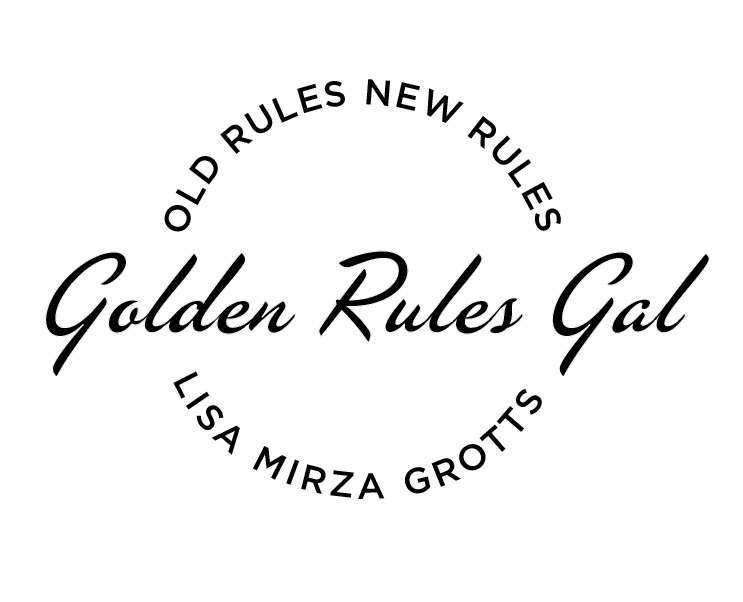Birthdays, weddings, anniversaries, and yes, even funerals are milestones in our lives. With the tragic and untimely death of Chelsea King just last week, we are reminded of just how precious life is. Funerals provide closure, a necessary part of the mourning process. But the subject of death is difficult for many, and we are often at a loss for what to say. Our instantaneous reaction should be “I am sorry for your loss.” In times of tragedy, it is important not to back away but to show compassion. The golden rule to remember is that when someone is mourning the loss of a loved one, we can never offer up enough support and condolence. If you are not sure where to begin, consult the obituary for details.
- What if a Colleague Dies? The protection of the deceased’s memory is of great importance to that person’s family, so be kind, tactful, and sensitive. Focus on his or her contribution to the company and how much you enjoyed working with that person.
- Should I Send a Note? A card is always appropriate in the death of a family member, friend, or colleague. Depending on how close the deceased was to you, a charitable contribution in the deceased’s name will leave a lasting legacy.
- What Should I Say in a Condolence Note? Let compassion guide your heart. Avoid comments like “It was a blessing,” or “Be thankful his suffering is over.” Instead, say what the deceased meant to you, how he or she had an impact on your life, and how much you will miss that person.
- Should I Send Flowers? This can be tricky, depending on the religious affiliation. In general, flowers are appropriate for most Christian denominations, but if you are not certain, consult someone close to the family.
Immediate Tasks If a Work Associate Dies:
- Notify the family at once.
- Contact the deceased’s doctor or lawyer.
- Offer to give information to the family for the obituary.
- Notify all employees in writing; e-mail is okay.
- Ensure that the deceased’s email and voicemail has been changed or is answered by a live person to mitigate confusion.
Tasks at the Deceased’s Home:
- Offer to help with child care.
- All incoming flowers, food, and gifts should be recorded for thank-you notes.
- Offer to answer the phone. The family will need assistance phoning everyone about funeral details.
- Food and housekeeping should be arranged for the family.
At the Funeral:
- Who Should Attend? As long as the obituary does not state private services, anyone can attend. If a company employee has died, anyone in the office who wants to attend should do so unless the funeral is held in another city, in which case senior management should attend if possible.
- Attire. Keep clothing to dark colors like brown, dark blue, or black. For men, this translates into dark suits, white shirts, and dark ties; for women, dresses or suits. Avoid all bright colors.
- Ceremony. Avoid conversing with other guests, and leave all food and beverages at home, including chewing gum!
- Eulogy. Be brief, anecdotal, and respectful, and remark only in a positive way about the deceased.
[author] [author_image timthumb=’on’]http://37.60.249.202/~expertet/wp-content/uploads/about-lisa.jpg[/author_image] [author_info]Lisa Mirza Grotts is a recognized etiquette expert, an on-air contributor, and the author of A Traveler’s Passport to Etiquette. She is a former director of protocol for the city and county of San Francisco and the founder and CEO of The AML Group (Lisagrotts.com), certified etiquette and protocol consultants. Her clients range from Stanford Hospital to Cornell University and Levi Strauss. She has been quoted by Condé Nast Traveler, InStyle magazine, the Los Angeles Times, and the New York Times. To learn more about Lisa, follow her on Twitter.com/LisaGrotts and Facebook.com/LisaGrotts
Follow Lisa Mirza Grotts on Twitter.[/author_info] [/author]
